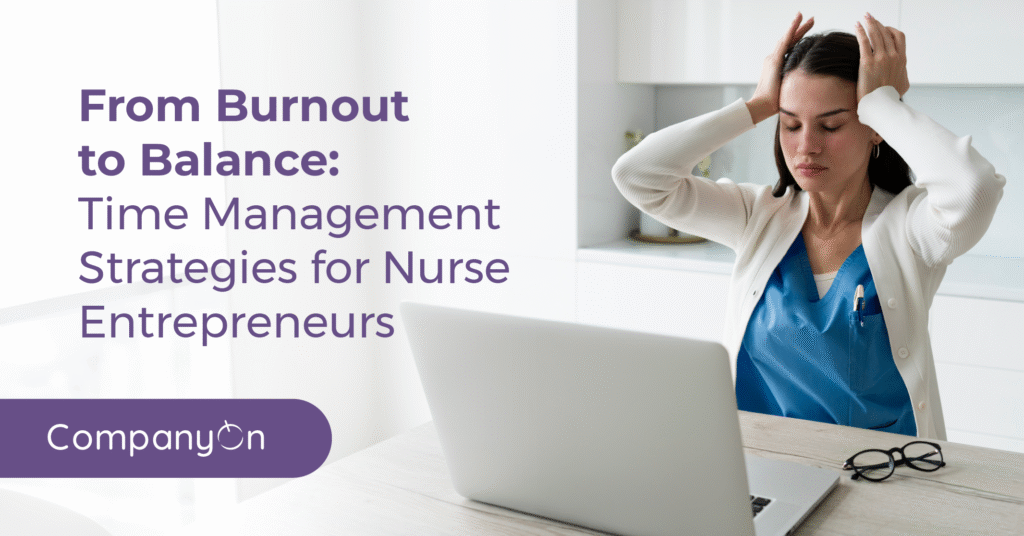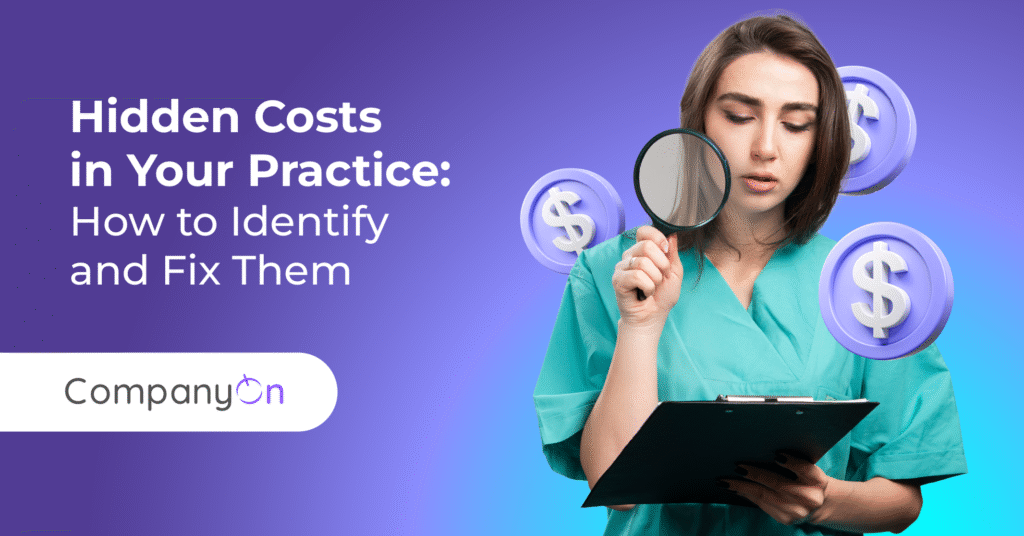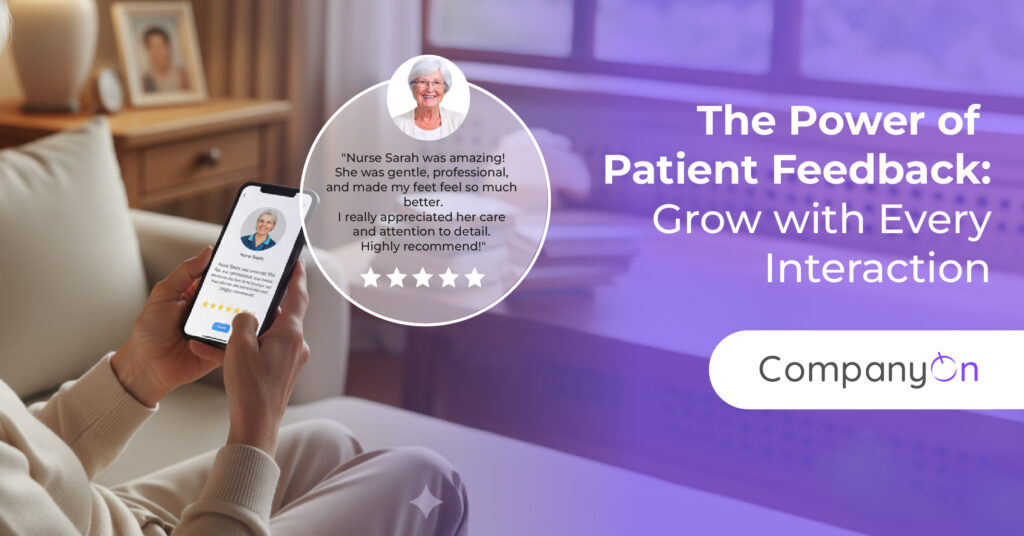The healthcare industry is constantly evolving, with new medical advancements, technologies, and treatment protocols emerging regularly. For healthcare professionals, continuous education is not just a recommendation—it’s a necessity. Staying updated ensures that providers deliver the highest quality care, improve patient outcomes, and remain compliant with industry regulations.
In this article, we’ll explore why continuous education in healthcare is crucial, the benefits it brings to professionals and patients, and how practitioners can integrate lifelong learning into their busy schedules.

1. Enhancing Patient Care and Safety
At the core of every healthcare professional’s mission is patient well-being. By engaging in continuous education, practitioners stay informed about:
- The latest medical research and treatment guidelines
- Emerging diseases and innovative treatment options
- Best practices for patient care and safety protocols
For example, recent advancements in telemedicine and digital health have reshaped patient interactions. Without ongoing education, professionals may struggle to implement these tools effectively, potentially impacting patient care.
2. Staying Compliant with Industry Regulations
Regulatory bodies and licensing organizations often require healthcare professionals to complete continuing education (CE) credits to maintain their certifications. These requirements vary by profession and location but are essential for:
- Ensuring adherence to the latest healthcare regulations and ethical standards
- Meeting compliance guidelines set by organizations like HIPAA, OSHA, or local medical boards
- Avoiding legal risks and malpractice claims
A well-informed professional is not only a better caregiver but also a more legally protected one.
3. Career Growth and Professional Development
Continuous education in healthcare is a powerful tool for career advancement. Whether you’re a nurse, physical therapist, or physician, expanding your knowledge can lead to:
- New certifications and specializations
- Increased job opportunities and higher earning potential
- Enhanced professional credibility and leadership roles
For instance, a nurse who earns a certification in critical care or a physical therapist specializing in sports rehabilitation gains a competitive edge in the job market. If you’re considering starting your independent medical practice, continued education can be a strategic move to build credibility and attract patients.
4. Adapting to Technological Advances
Technology is revolutionizing healthcare. From AI-powered diagnostics to electronic health records (EHR), practitioners must stay ahead of these innovations to remain effective. Continuous learning helps professionals:
- Master electronic medical documentation
- Utilize artificial intelligence in diagnostics and treatment planning
- Implement digital patient engagement tools for better practice management
By embracing technology through education, healthcare providers can enhance efficiency, reduce administrative burdens, and improve patient engagement.
5. Preventing Burnout and Maintaining Passion
Healthcare can be demanding, and professionals often experience burnout due to high stress and workload. Continuous education offers an opportunity to:
- Explore new areas of interest within the field
- Stay motivated and passionate about their careers
- Develop better stress-management techniques
Learning about work-life balance strategies or innovative patient care approaches can reignite a professional’s enthusiasm and provide a fresh perspective on their practice.
How to Incorporate Continuous Learning into a Busy Schedule
Balancing work, personal life, and education can be challenging, but with the right strategies, it’s achievable:
✅ Online Courses & Webinars – Platforms like Coursera, Medscape, and healthcare associations offer flexible learning options.
✅ Conferences & Workshops – Attending industry events keeps professionals updated on cutting-edge developments.
✅ Peer Networking & Mentorship – Learning from colleagues and mentors fosters knowledge sharing.
✅ Practice Management Tools – Platforms like CompanyOn streamline administrative tasks, freeing up time for education.
Final Thoughts
Continuous education in healthcare is not just about meeting requirements—it’s about staying competent, growing professionally, and ultimately providing the best possible care for patients. In a field where knowledge can mean the difference between life and death, lifelong learning is an obligation that benefits both healthcare providers and the communities they serve.
Whether you’re looking to expand your skill set, adapt to new technology, or ensure compliance, investing in continuous education is a step toward excellence in healthcare.
Are you leveraging the right tools to optimize your practice and make time for professional development? CompanyOn can help you manage your practice efficiently, giving you more time to focus on learning and patient care.
🔗 Explore how CompanyOn supports healthcare professionals today!
Ready to make the switch?
Try Our Platform Free for 14 days.
See CompanyOn in Action
Schedule A Free 1:1 Personalized Demo





